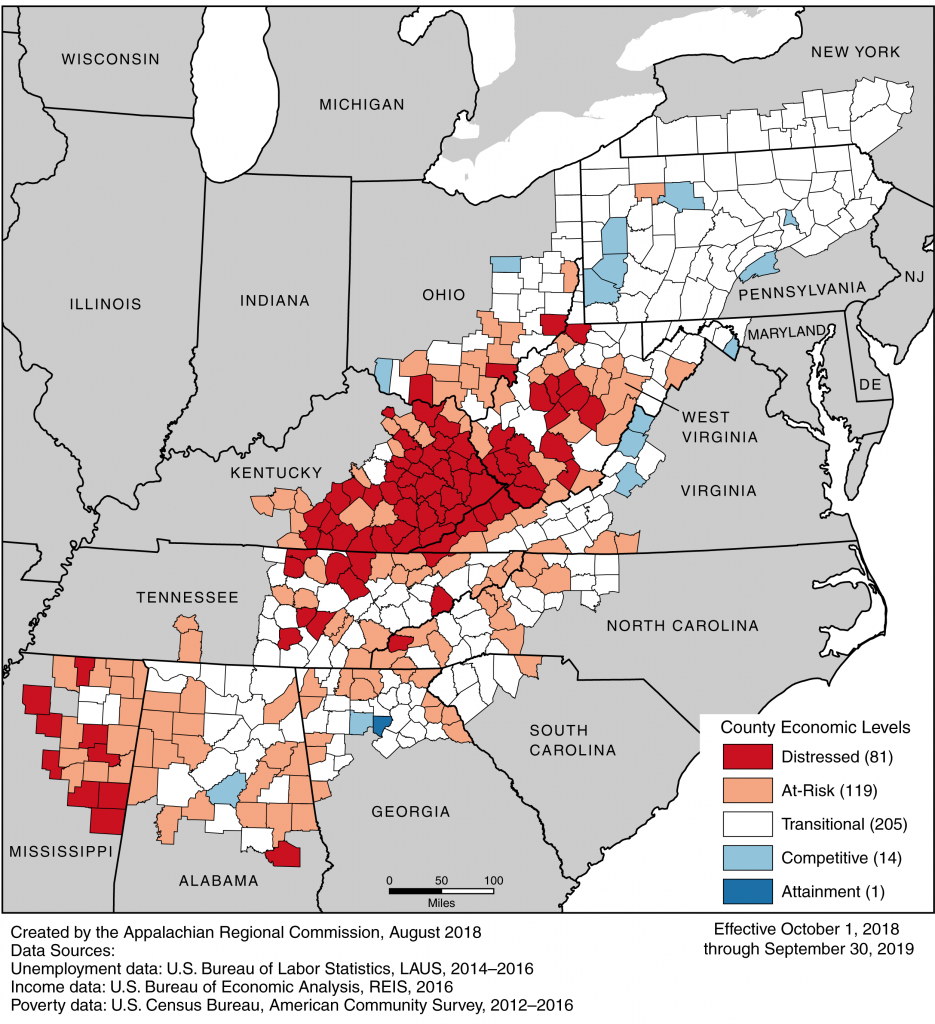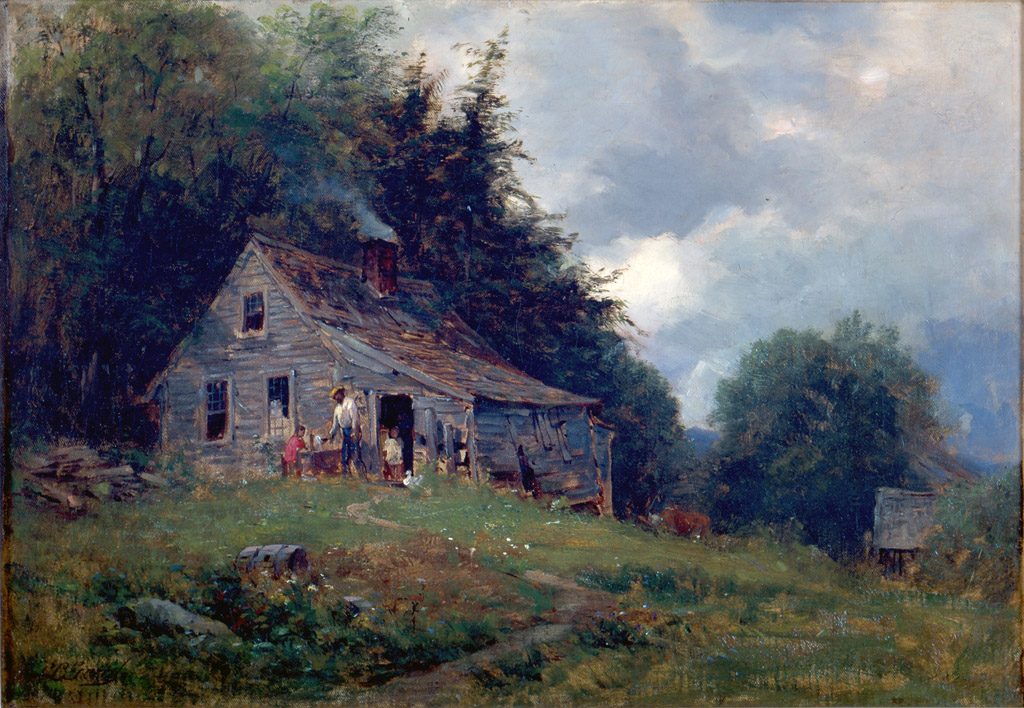Preparation for a Contextual Interview
After having the weekend to prepare for the context interview with Dr. Amy Clark, a UVa-Wise “Professor of Communication and Appalachian Studies,” (“Amy D. Clark,” n.d.), I wanted to discuss my purpose and intentions for the interview.
On the Map
Simply stated, the main purpose of interviewing Dr. Clark is to gain an understanding of Appalachian culture and values, which I believe is essential to understanding the censorship case I chose against Clyde Edgerton’s The Floatplane Notebooks. Geographically, The Appalachian Regional Commission (n.d.) defines Appalachia as:
a 205,000-square-mile region that follows the spine of the Appalachian Mountains from southern New York to northern Mississippi. It includes all of West Virginia and parts of 12 other states: Alabama, Georgia, Kentucky, Maryland, Mississippi, New York, North Carolina, Ohio, Pennsylvania, South Carolina, Tennessee, and Virginia. (para. 1)

Yet, while this definition is useful for understanding the physical dimensions of the Appalachian Mountains, it can not contextualize the unique culture that defines the mountains.
Beyond the Map
In several of the sources I reviewed, the idea of Appalachian culture, and generally, of morality, features prominently, which was the first indication I had of how important an Appalachian context would be for the project. For example, in the article “Censors Take Aim; Targets Stand Firm/ Book Fuels Morality Debate, ” Jim Schlosser (1992) quotes a letter that professor Gilbert Campbell wrote to teacher Marion Goldwasser which states that “‘it is indeed ironic that Clyde Edgerton…should be the subject of this kind of accusation. As a whole, his work is very much in support of the values and joys of family, community, charity, and neighborliness’” (p. 7). Relatedly, another in a Roanoke Times article, Beth Macy (1992) quotes Marion Goldwasser who describes that the book, “‘has all the multiple voices, multiple viewpoints; it explores Southern family traditions and how the past influences the present’” (p. 3).
With those quotations in mind, I chose to interview Dr. Clark because she both lives in and teaches about the Appalachian region, and as such, I feel that she can provide a personal, yet authoritative, perspective on aspects of literature, history and life in the Appalachian mountains. In the interview, which I intend to conduct this week in person, I have decided upon a few basic questions, which were all prompted by my exploration of the articles that detail the censorship case (such as the two mentioned above) and my own personal questions about Appalachian values. I have estimated that the interview will take around ten to fifteen minutes, and I plan to use the following questions as guided starters for a semi-structured, open-ended conversation:
- What would you say that it means to be Appalachian?
- Are there any common themes that often emerge in Appalachian literature?
- What is the role of the family/community in Appalachian culture?
- What is the role of faith/religion in Appalachian culture?
- How does literature preserve and promote Appalachian culture and values?

I have chosen each of these questions because I feel that they address different topics on a complex level in that they are able to apply to the book itself and to the culture of the region of my case. I also considered each of the questions because I feel that are firmly rooted in historical and literary context for the Appalachian Mountains, which I anticipate will expand the discussion on my site in a literary and a geopolitical manner.
References
Amy D. Clark – Department Chair & Professor of Rhetoric. (n.d.). Retrieved March 4, 2019, from https://www.uvawise.edu/academics/department-communication-studies/faculty-staff/amy-d-clark/
Gerry, S. L. (1870s). Appalachian Mountain Sharecroppers [Painting found in High Museum of Art]. Retrieved March 4, 2019, from https://commons.wikimedia.org/wiki/File:Appalachian_Mountain_Sharecroppers_by_Samuel_Lancaster_Gerry,_1870s,_High_Museum_of_Art.jpg
Macy, B. (1992, December 19). Family plots real life has provided Cylde Edgerton with a generous supply of material for his books . Roanoke Times, The (VA), p. 1. Available from NewsBank: https://infoweb.newsbank.com/apps/news/document-view?p=AWNB&docref=news/0EAEA30AA2965145.
{{PD-US}}. (n.d.). Retrieved March 4, 2019, from https://commons.wikimedia.org/wiki/Template:PD-US
Schlosser, J. (1992, June 15). Censors take aim; Targets stand firm/book fuels morality debate. Retrieved February 3, 2019, from https://www.greensboro.com/censors-take-aim-targets-stand-firm-book-fuels-morality-debate/article_b1c7ad90-f0ed-59da-a3a4-2e6ca66c4f64.html
The Appalachian Regional Commission. (2018, August). County Economic Status in Appalachia, FY 2019 [Map]. In Appalachian Regional Commission. Retrieved March 4, 2019, from https://www.arc.gov/research/MapsofAppalachia.asp?MAP_ID=148
The Appalachian Regional Commission. (n.d.). The Appalachian Region. Retrieved March 4, 2019, from https://www.arc.gov/appalachian_region/theappalachianregion.asp